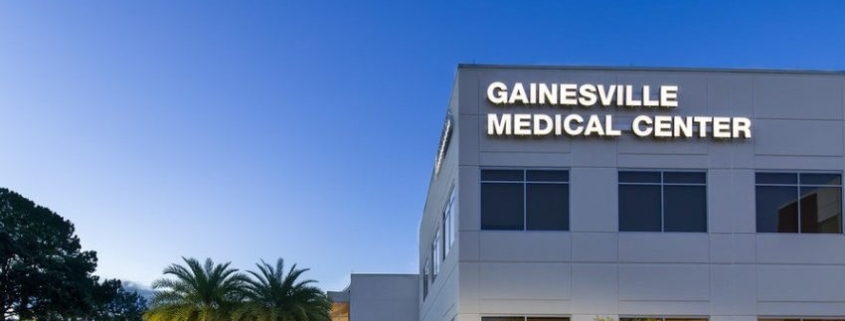Survey: Healthcare Designers Look To Future Of Medical Facilities In Light Of COVID-19 Pandemic
The American College of Healthcare Architects (ACHA) has released the key findings of a survey of its members revealing their insights on the future of healthcare architecture and the role of design in the context of the COVID-19 healthcare crisis.
“The extensive experience of ACHA’s healthcare architects gives us unique insights into how this pandemic will shape the future of healthcare,” said Vince Avallone, AIA, ACHA, CASp, LEED AP, the ACHA‘s President. “These findings will influence the design of hospitals and healthcare environments for years to come.”
ACHA Coronavirus Survey Reveals Healthcare Designers’ Role In Addressing The Pandemic
The ACHA survey revealed:
• Over 63% of respondents helped clients evaluate alternative care sites.
• Over 60% of ACHA experts were called on to help healthcare systems increase capacity – 28% created over 100 beds.
• Over 70% of respondents believe design for mass casualty patient surges will be an important element for hospitals in the future.
• Over 80% of respondents thought the telehealth boom would have major impact on facility design.
ACHA surveyed 129 certified professional healthcare designers to reveal lessons learned from COVID-19 and the role of architects in addressing the crisis. Participants represent areas across North America, including many severely affected states such as New York, New Jersey, Illinois, Massachusetts, California, and Pennsylvania.
What Will Happen With Healthcare Facilities After The COVID-19 Pandemic?
The survey also identified the healthcare designers’ concerns about the future:
• How can hospitals be designed so normal operations (such as elective procedures) can continue through a pandemic so as not to disrupt regular patient treatment and create financial shortfalls for providing institutions?
• With the likely implementation of restrictions on patient/visitor traffic flow to control cross-contamination, how will this transform facility intake and entry design?
• How will increased restrictions placed on patient/visitor traffic flow to control cross-contamination transform facility intake and entry design?
• How can architects emphasize building flexible, adaptable facilities that can be easily modified to allow a quick response to changing medical priorities?
• How can healthcare and non-healthcare facilities be designed to handle patient overflow in a more expedient fashion?
ACHA Member Represent The The Top U.S. Healthcare Design Firms
“ACHA certificate holders represent a majority of the nation’s top healthcare design firms,” said Avallone, a Vice President/Senior Medical Planner at SmithGroup. “These results show our continuing commitment to help develop solutions for future healthcare design challenges. ”
For the full results of the survey, click here.
Source: Building Design+Construction





